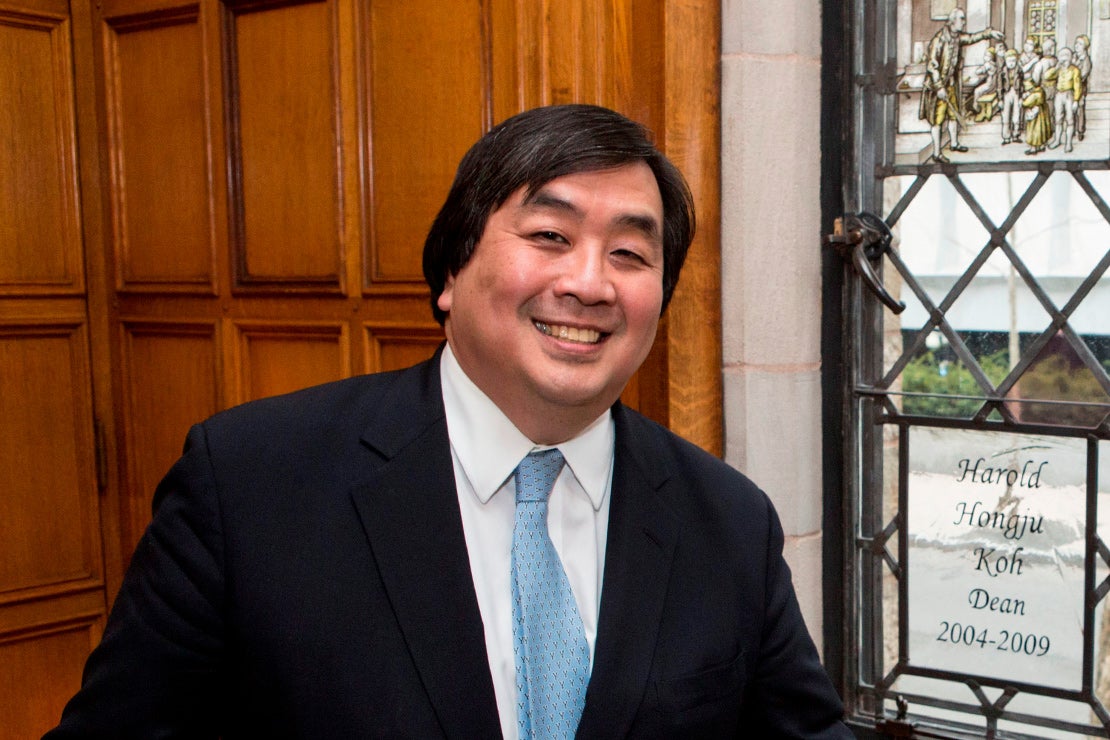


Laura Clark, a senior at Santa Clara University, is a Philosophy and Religious Studies double major. She has been involved in various campus activities and has a strong interest in social issues such as poverty and technology ethics. After graduating, she plans to work with the Jesuit Volunteer Corps and pursue graduate school in Philosophy and Theology. Her senior thesis focuses on the concept of human dignity applied to the ecological crisis and AI, aiming to prompt the SCU community to think deeply about human dignity and its implications. One of the most impactful courses she took was Human Trafficking and Christian Ethics, which sparked her interest in social justice. Her advice for incoming first-year students is to find on-campus involvement that genuinely interests them and to connect with professors. [3c2fc075]
The University of Utah's Honors College offers a range of international programs in Costa Rica, South Africa, Mexico, Peru, and the U Asia Campus in Incheon, South Korea. These programs provide students with the opportunity to earn an Honors degree through structured pathways known as Honors Integrated Minors. One of the Honors Integrated Minors is the Ecology and Legacy Minor, which focuses on healing human-nonhuman relationships in Costa Rica. Another option is the Integrated Minor in Health, which champions health equity in South Africa. The Human Rights and Resources Minor explores human rights and resources in Mexico and Peru. Additionally, Honors students have the opportunity to attend the University of Utah Asia Campus in South Korea, where they can take small classes taught in English and immerse themselves in Korean culture. To learn more about the international opportunities available through the University of Utah Honors College, students can visit the honors.utah.edu website. These programs aim to broaden students' perspectives and provide them with valuable experiences that will shape their understanding of the world. [c26a5cb6]
Paul Hoffman, a University of Victoria adjunct geology professor, has won the $850,000 Kyoto Prize for his decades-long research into the Earth’s geological history. The Kyoto Prize, considered the Japanese equivalent of the Nobel Prize, is presented internationally to individuals who have made significant contributions in the fields of science, technology, arts, and philosophy. Hoffman is the first geologist to be recognized and only the third Canadian to receive the prize. His research on the 'snowball Earth' theory, which proposes that there have been times when Earth’s surface was nearly entirely frozen, has been credited with landmark achievements. Hoffman conducted geological surveys in Namibia to study 600-million-year-old glacial deposits, which showed signs of life ceased immediately after glaciation, supporting the hypothesis. Hoffman began his career as a research scientist for the Geological Survey of Canada and joined UVic in 1992. He later served as the Sturgis Hooper Professor of Geology at Harvard University before returning to UVic in 2011 as an adjunct professor engaged in research. [87808e2c]